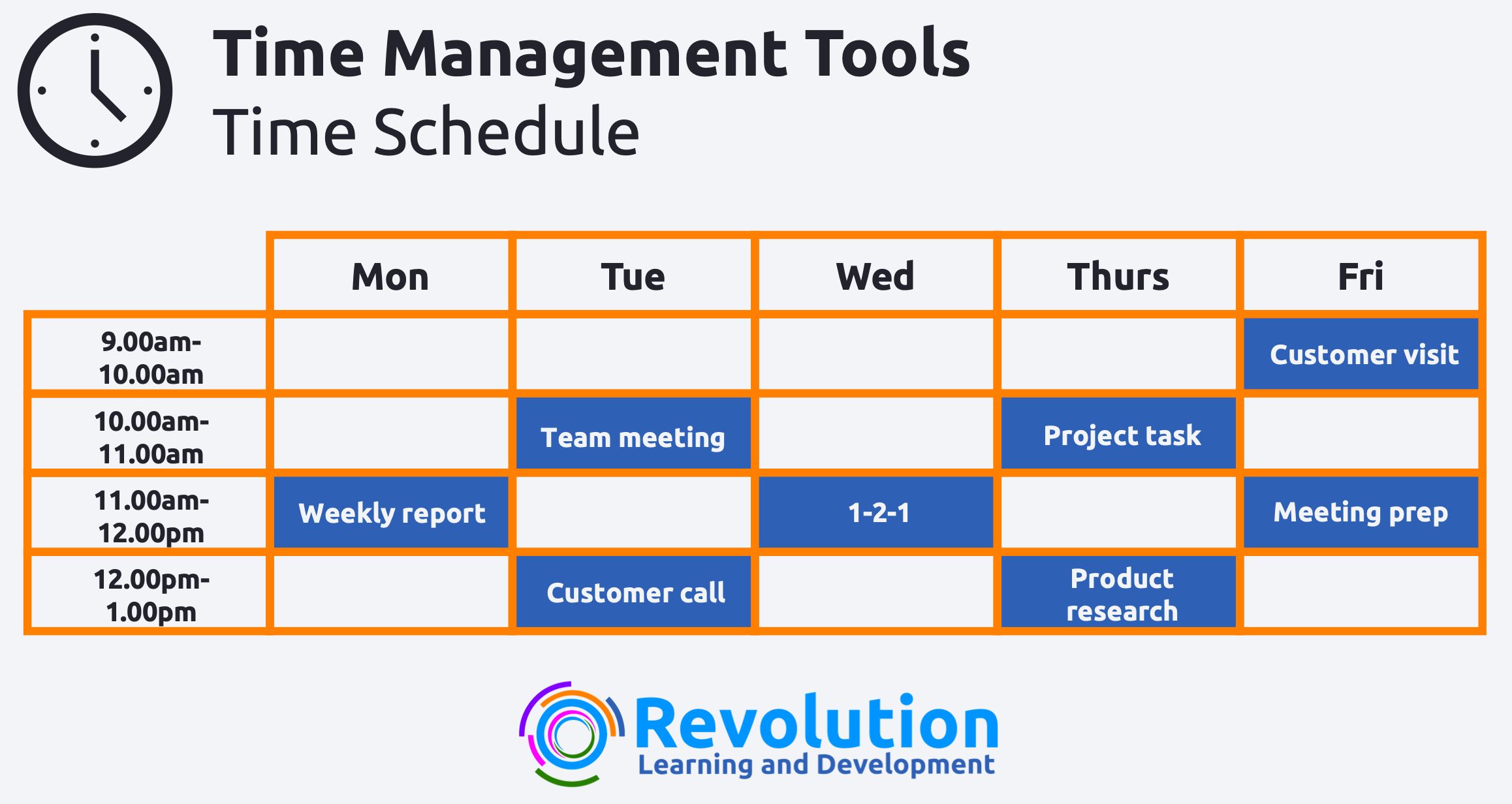Rise by Six: Your Daily Dose of Inspiration
Explore insights and stories that elevate your day.
Time Management Software: Your New Best Friend or Just a Digital Distraction?
Discover if time management software is the key to productivity or just another digital distraction. Find out now!
Top 5 Features to Look for in Time Management Software
When it comes to choosing the right time management software, there are several critical features to consider that can greatly enhance your productivity. Firstly, an intuitive user interface is essential, as it enables users to navigate the software with ease. Look for software that offers customizable dashboards, making it easy to access the tools you need at a glance. In addition, seamless integration with other tools you already use, like calendars and project management apps, is crucial for streamlining tasks and avoiding duplicate work.
Another vital feature is task prioritization capabilities. Choose time management software that allows you to categorize tasks based on urgency and importance, as this will help you focus on what matters most. Additionally, effective collaboration tools are key, especially if you're working in a team environment. Look for features like shared calendars and task assignments to promote team synergy. Lastly, built-in reporting and analytics can provide insights into your time usage, helping you refine your productivity strategies over time.

Is Time Management Software Worth the Investment? Pros and Cons
When evaluating whether time management software is worth the investment, it's important to consider the numerous benefits it can bring. First and foremost, these tools help individuals and teams prioritize tasks, set deadlines, and allocate resources efficiently. This leads to improved productivity and reduced stress. Moreover, many time management applications offer analytics features that allow users to track their progress, identify patterns, and optimize their workflow. Furthermore, integrating these software solutions into your routine can promote better work-life balance as they facilitate organized scheduling and provide reminders for important commitments.
On the flip side, there are some potential downsides to investing in time management software. Some users may find the learning curve steep, especially if the software is complex or packed with features that aren't necessary for their needs. Additionally, there is often a financial cost associated with premium versions of these tools, which may deter some individuals or organizations from committing. Lastly, reliance on technology could lead to distractions if users do not practice disciplined usage. Ultimately, weighing the pros and cons will help you determine if investing in time management software aligns with your personal or professional goals.
How to Effectively Integrate Time Management Software into Your Daily Routine
Integrating time management software into your daily routine can transform the way you organize tasks and boost productivity. Start by assessing your goals and priorities, which will help you select the right software that aligns with your needs. Once you've chosen a tool, allocate a specific time each day to familiarize yourself with its features. Creating a consistent schedule for using the software will encourage you to rely on it for planning and tracking your tasks effectively.
After you have established a routine, regularly revisit and update your task lists within the time management software. Implement a weekly review process where you evaluate completed tasks and set goals for the upcoming week. Additionally, consider utilizing features such as reminders and deadlines, which can help you stay accountable. Remember, the key to maximizing the benefits of time management software is consistency and adaptability to your evolving needs.